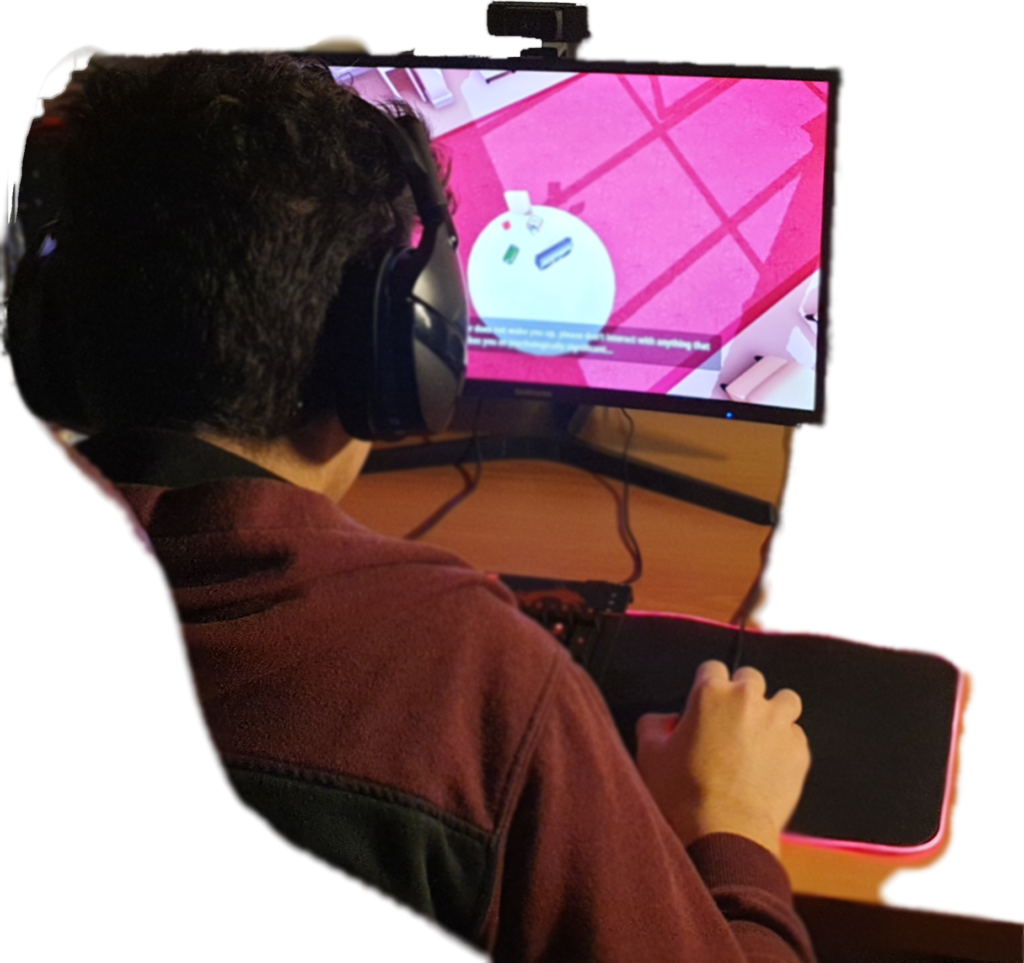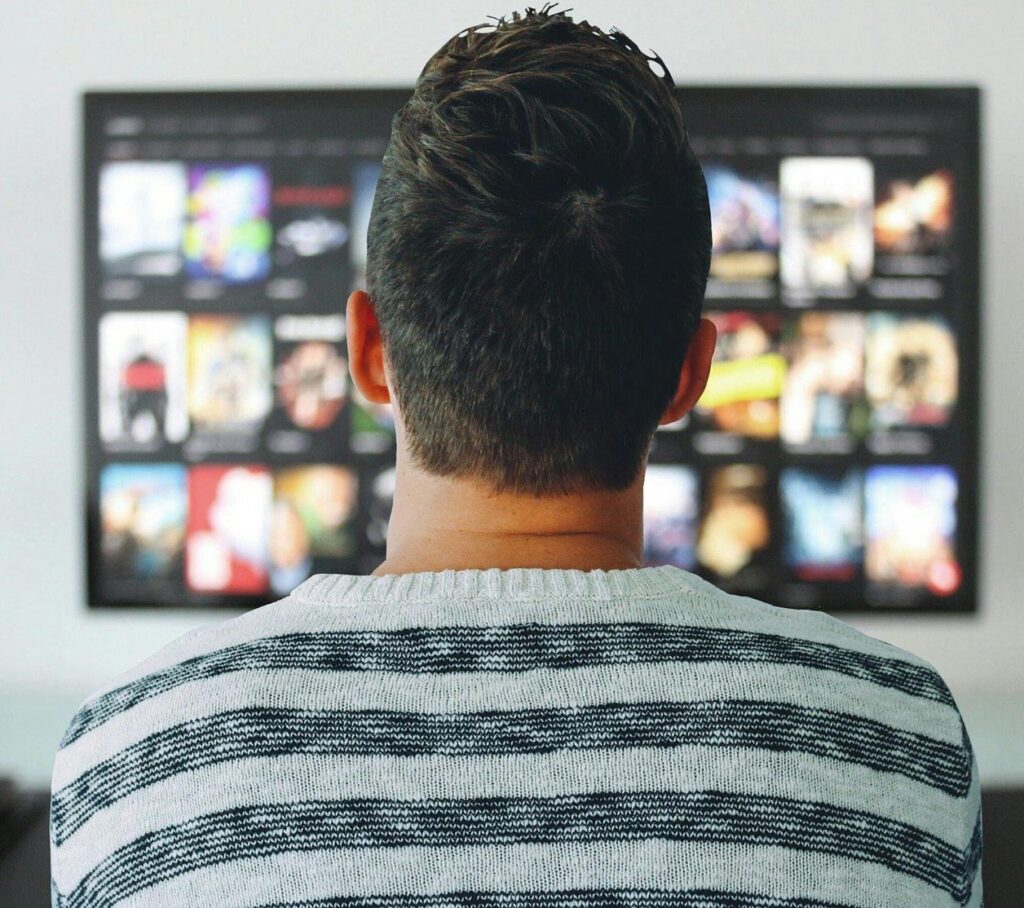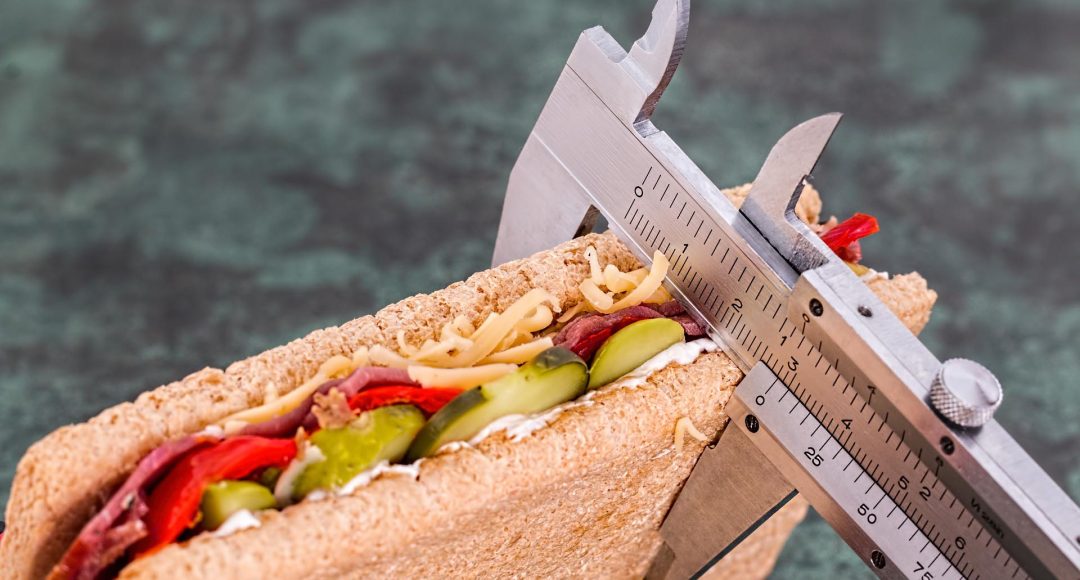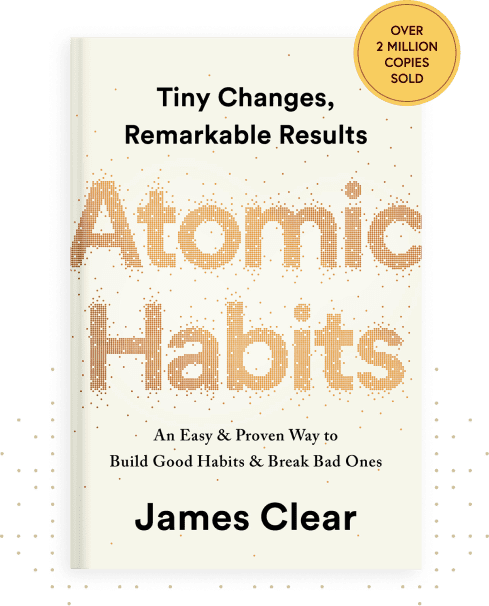Leopard can't change its spots
A me piace pensare che il lupo NON voglia perdere le sue abitudini. In realtà se vai a cercare la definizione di vizio e abitudine le due cose non sono lontane l’una dall’altra.
Il vizio è sempre inteso come qualcosa di negativo, l’abitudine no!
Chi dice di avere l’abitudine di fare una passeggiata al mattino ha una buona abitudine cosi come chi dice di leggere prima di andare a dormire. O di dormire 8 ore per notte. Ma se dico che ho l’abitudine di fumare una sigaretta ogni 2 ore? Di guardare 4 ore di serie TV ogni sera? Il confine tra vizio è abitudine è proprio sottile, in effetti. Inoltre, qualcuno potrebbe non essere d’accordo con il dire che fumare una sigaretta ogni tanto sia una cattiva abitudine o che giocare ai videogame per 3 ore o, ancora, stare su facebook per 30 minuti al giorno ci porti alla rovina.

Beh…. Forse… Allora la domanda che mi pongo (e ti pongo) è: cosa fa di te una persona di successo? o, più in generale, le persone di successo a cosa devono la loro fortuna? Ops, ho detto “fortuna”?? Quindi, per sentito dire la “fortuna” è la chiave del successo? Secondo James Clear (dal libro “Atomic Habits”) le abitudini giocano un ruolo fondamentale nel raggiungimento del successo perché sono tra le poche cose che possono essere controllate (la fortuna…non direi proprio).
Mi trovo pienamente d’accordo, ovviamente, e non perché lui ha scritto un libro sull’argomento che ha venduto milioni di copie. Sono d’accordo con lui perché ho letto biografie di personaggi famosi che hanno messo in pratica dei rituali veri e propri pur di seguire determinate abitudini e che quel grado in più di controllo li ha portati al successo.
Ma cos’è un habitLet's have a look at some defintions from Collins dictionary habit among others:
Tendenza a ripetere determinati atti, a rinnovare determinate esperienze (per lo più acquisita con la ripetizione frequente dell’atto o dell’esperienza stessa)
Quindi un’abitudine si forma a furia di ripeterla più e più volte fino a quando diventa un processo automatico (programma mentale automatico… ma di questo ne riparliamo) che per essere eseguito non hai bisogno di fare fatica. In effetti le abitudini più facili a formarsi sono quelle che richiedono poco sforzo perché perpetuate con il minimo impiego di energie da parte del brain.

Come dici? Non è cosi? Davvero?? È più facile fumare una sigaretta o fare 5 minuti di Yoga? È più facile stare a guardare un’intera serie TV o fare un ora di meditazione? Al mattino quando ti svegli, è più facile prendere il cellulare e controllare subito chi ha scritto nel gruppo o postato qualcosa su facebook? Oppure è più facile alzarsi, mettere le scarpe da running e uscire a correre (e per il momento faccio finta che sia estate e faccia abbastanza caldo).
At the same time I ask you:
è più facile abbattere una cattiva abitudine (fumare) o crearne una buona, magari per la tua salute, come una dieta equilibrata o cominciare a correre (20 minuti) tutti i giorni. Ok, non serve che tu risponda.
Lo so che non ti ho convinto ma so anche che il nostro cervello è stato programmato, in sua origine, per proteggerci e consumare il minimo di energie richiesto al suo funzionamento e a quello del corpo che governa. In realtà, in qualche caso, non tutte le abitudini di un certo tipo sono cattive e non è, forse, necessario abbatterle tutte (magari non tutte insieme).

Mettila sul lato economico: l’economia del tuo “tempo”. Quello che voglio dire è che se il tempo che “perdi” svolgendo una certa abitudine porta via ore ad un’altra attività c’è poco da fare: darsi addosso non serve. Le cose sono due… o moltiplichi le ore a tua disposizione oppure decidi che qualcuna di quelle abitudini va sostituita.
Ma come facciamo a togliere un “vizio” e creare una nuova abitudine?
La cosa non è così semplice da attuare ma il concetto è tra i più banali.
In sostanza, se gli esseri umani muovo i loro passi nella direzione che richiede meno sforzo, per poter abbattere quelle abitudini, create così facilmente, serve mettere degli ostacoli tra se stessi e loro. Al contrario per crearne di nuove (supponiamo più dure da ripetere) dobbiamo semplificarci al massimo la cosa. In altre parole aumentiamo l’attrito tra noi e la cattiva abitudine e la diminuiamo tra lo stato attuale e la nuova abitudine che vogliamo creare.
Ci sono tantissimi studi e casi molto indicativi di persone che hanno utilizzato vari metodi per cambiare le proprie abitudini. Quello che è importante è cominciare, con piccoli passi, una consuetudine. In questa fase è importante che tu riesca a gratificarti ad ogni passo avanti che fai verso questo tuo nuovo modo di essere.
In verità, ognuno di noi ha bisogno di una buona motivazione per fare certe cose e abituarsi ad un nuovo stile di vita, o a una nuova pratica, deve darci un motivo per farlo.
Mi vengono sempre in mente due cose legate alla salute fisica che sono il mangiar sano e l’esercizio quotidiano.
E’ assolutamente comprensibile che se non hai il diabete, o il colesterolo, non ti vada di dare una regolata al modo in cui mangi (beata te che sei magra cosi puoi mangiare un chilo di cioccolato quando ne hai voglia…) o che non ti vada di uscire di casa con zero gradi per andare a correre al mattino alle 5.30 se non hai da buttare giù 20kg (…beato te che corri ogni giorno cosi non ti senti in colpa se ti sfondi di pasta alla carbonara).

Ma allora, perché cambiare abitudini (again that question)??
Amici, come vi spiegate l’eccellenza di certe figure dello sport (scusate la fissazione) che corrono per 130Km senza fermarsi. O dei piloti di formula 1 che girano per un ora e mezza a 300Km/h? Ancora, di quel motociclista che a 220km/h capisce che la moto non può più frenare e decide, in un secondo, che lasciarsi cadere è più sicuro di continuare la sua corsa verso il bordo pista? Lo so che a certi livelli entrano in ballo altri fattori motivanti: l’adrenalina., la voglia di arrivare primi, il bisogno di coronare gli sforzi di anni.
So anche che, chi si trova davanti a delle scelte, decide che per sé può anche bastare ciò che ha al momento e che la vita vada bene così.
Ma ricorda una cosa: la vita di ognuno di noi può cambiare in un momento (il Covid-19 ce l’ha insegnato) e nulla dura per sempre. Sembrano frasi fatte ma a tutti è capitato di prendere una batosta (o potrebbe capitare). In quei momenti si è costretti a cambiare abitudini, volenti o nolenti, e, allora faremo i conti con noi stessi e con la nostra forza di volontà. Ed in ogni caso, lasciami dire, ognuno di noi può fare la differenza verso sé stessi e ti assicuro che, quando avrai fatto quel passetto avanti, avrai raggiunto quel piccolo traguardo, quando avrai superato, anche di poco, il tuo limite ti sentirai davvero bene.
Quello spunto emotivo, quella soddisfazione, quel piacere ti darà la forza di continuare a ripetere quell’azione e quella che prima era un miraggio è diventata la tua nuova abitudine! Può essere uno sport, una dieta, passare più tempo con il tuo partner, con i tuoi figli o continuare la ricerca di un modo per portare avanti il tuo sogno, quello che molti ti hanno detto di abbandonare perché non potevi arrivarci…e solo con l’abitudine di resistere sei riuscita a far avverare ogni giorno di più.




3 Responses
Hello mates, good paragraph and good urging commented here, I am genuinely enjoying by these. Kent Sprinkel
I like this post, enjoyed this one thanks for putting up. Andres Eustis